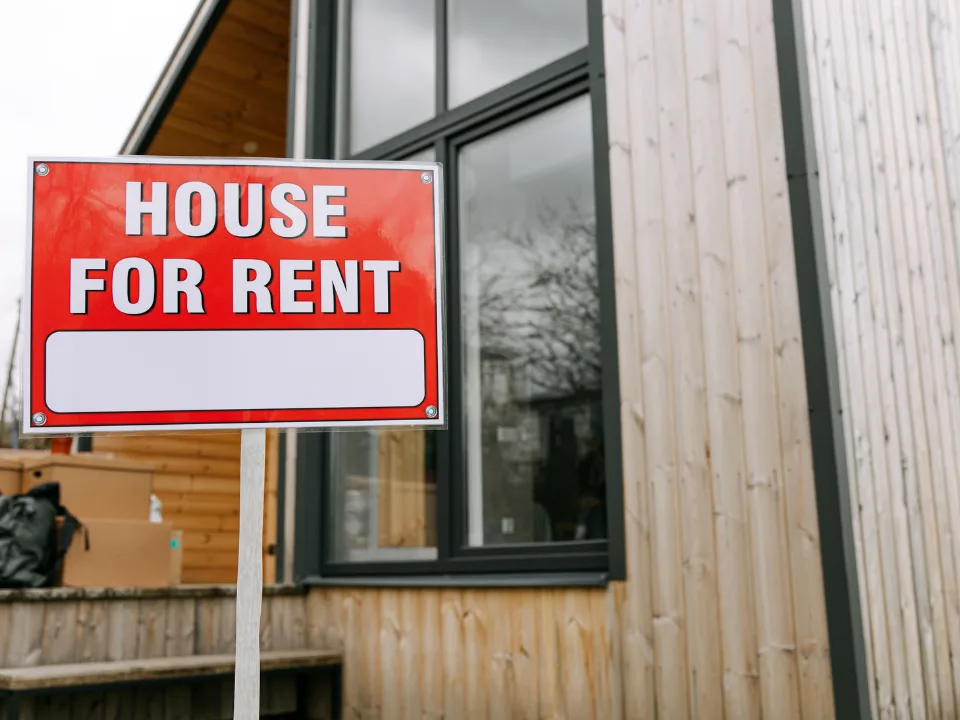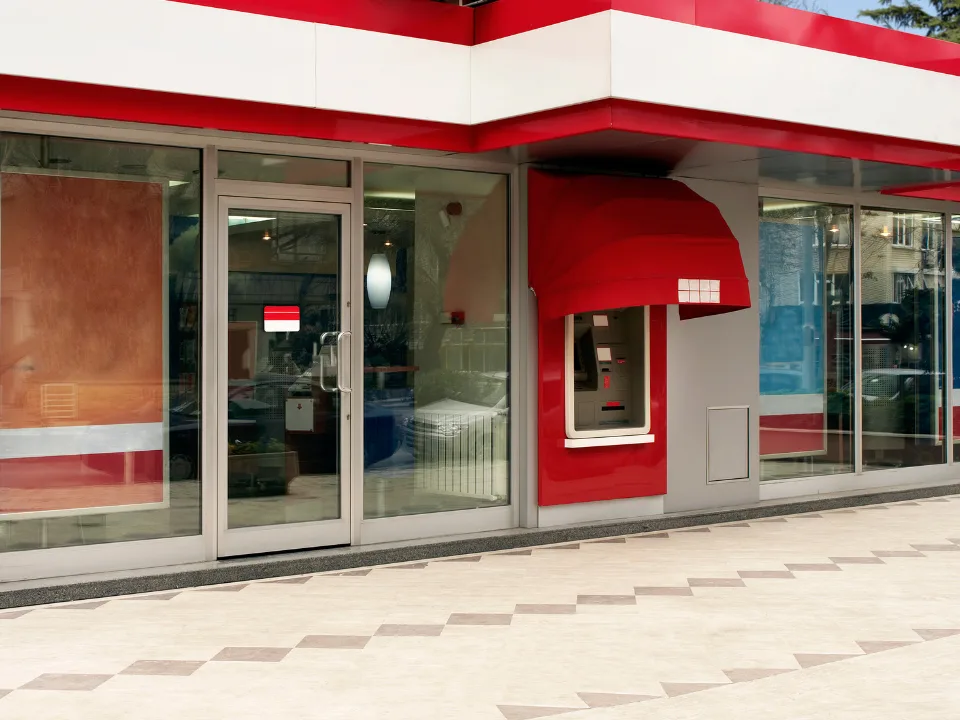- Higher interest rates and rising defaults have resulted in more fraudulent property schemes being exposed.
- Federal prosecutors and regulators are intensifying efforts to root out commercial mortgage fraud.
- Fannie Mae and Freddie Mac are taking significant measures to combat fraud in their lending businesses.
According to WSJ, the decline in CRE values, driven by higher interest rates and increased defaults, is uncovering a ton of fraud.
Unsurprisingly, U.S. prosecutors are stepping up their efforts to address commercial mortgage fraud, creating turmoil in the $4.7T market by putting property loans under even more scrutiny.
Facing Fraud
Regulators and federal prosecutors have noted a rise in property loans based on doctored financials and valuations. This type of fraud proliferated from the mid-2010s to 2021, when CRE prices soared, incentivizing landlords to manipulate the numbers even more.
The current drop in property values is exposing these schemes, straining a CRE market already facing its worst period since the 2008–09 financial crisis.
“It’s a general trend throughout history that fraud occurs during boom times and is revealed during bust times,” said John Griffin, a finance professor at the University of Texas McCombs School of Business.
Lazy Lenders
Property fraud often stems from the hands-off approach many lenders take to valuations, especially in times of plenty.
To be more specific, lenders typically trust financial statements that appear consistent with similar properties, avoiding expensive and time-consuming audits. However, this lack of rigorous due diligence allows fraud to go undetected.
Turning Up The Heat
In light of this discovery, federal prosecutors are ramping up their collaboration with the Federal Housing Finance Agency (FHFA) to uncover property fraud.
Although the exact numbers of ongoing investigations are unavailable, recent plea deals hint at the vast scope of both pre- and post-pandemic property fraud.
Since last fall, at least five landlords have pled guilty to federal fraud charges involving doctored income statements and inflated property sales in Cincinnati, Hartford, and Little Rock.
Meanwhile, Fannie Mae (FNMA) and Freddie Mac (FMCC) are cracking down on fraudulent practices in their apartment lending business. They’ve blacklisted mortgage brokers caught doctoring financial statements and have also implemented stricter underwriting policies, such as requiring rent receipts and more thorough inspections.
Exhibit A, B, C…
In a May earnings call, Ivan Kaufman, CEO of Arbor Realty Trust (ABR), identified fraud as a significant issue contributing to market stress. The core problem lies in the way lenders underwrite commercial mortgages, often relying on unverified financial statements submitted by borrowers.
A notable case involves Michigan-based landlord ROCO Real Estate, which inflated profit figures for a rental apartment complex in Tallahassee, FL. The inflated numbers led to a higher property valuation and a substantial loan from JP Morgan Chase. The property later defaulted, and ROCO’s Tyler Ross pled guilty to falsifying financial statements.
In a similar case, New York property manager Jacob Deutsch was sentenced to over five years in prison for defrauding lenders in connection with 24 multifamily mortgages in Hartford, CT. The fraud involved overstating the number of renters and inflating rental income.
Why It Matters
While outright lying to lenders is rare, landlords frequently make legitimate alterations to financial statements, which can sometimes get out of hand and lead to inflated loan amounts. Griffin’s research found that nearly one-third of commercial mortgages repackaged into bonds had underwritten building profits exceeding actual profits by at least 5%.

















